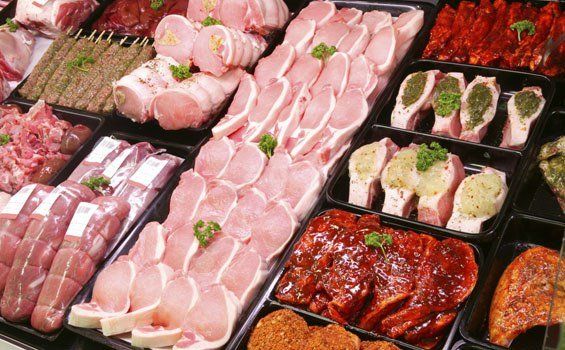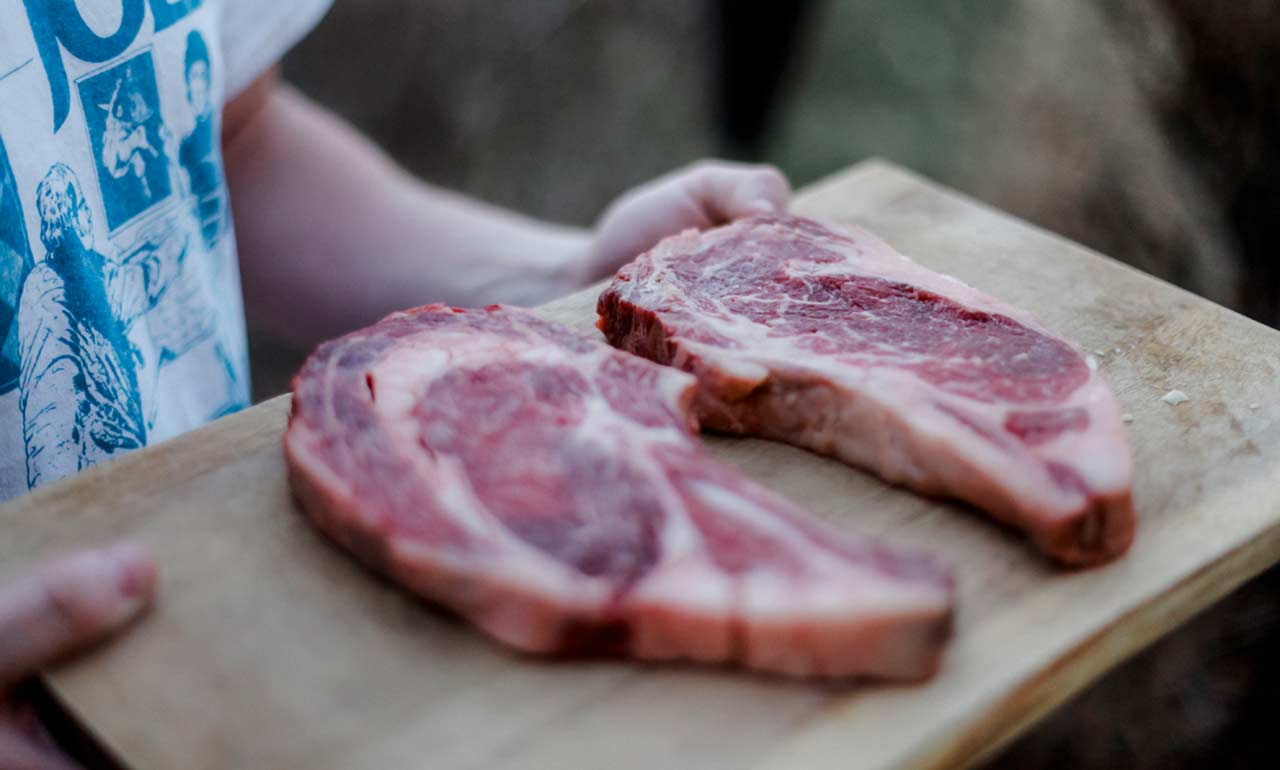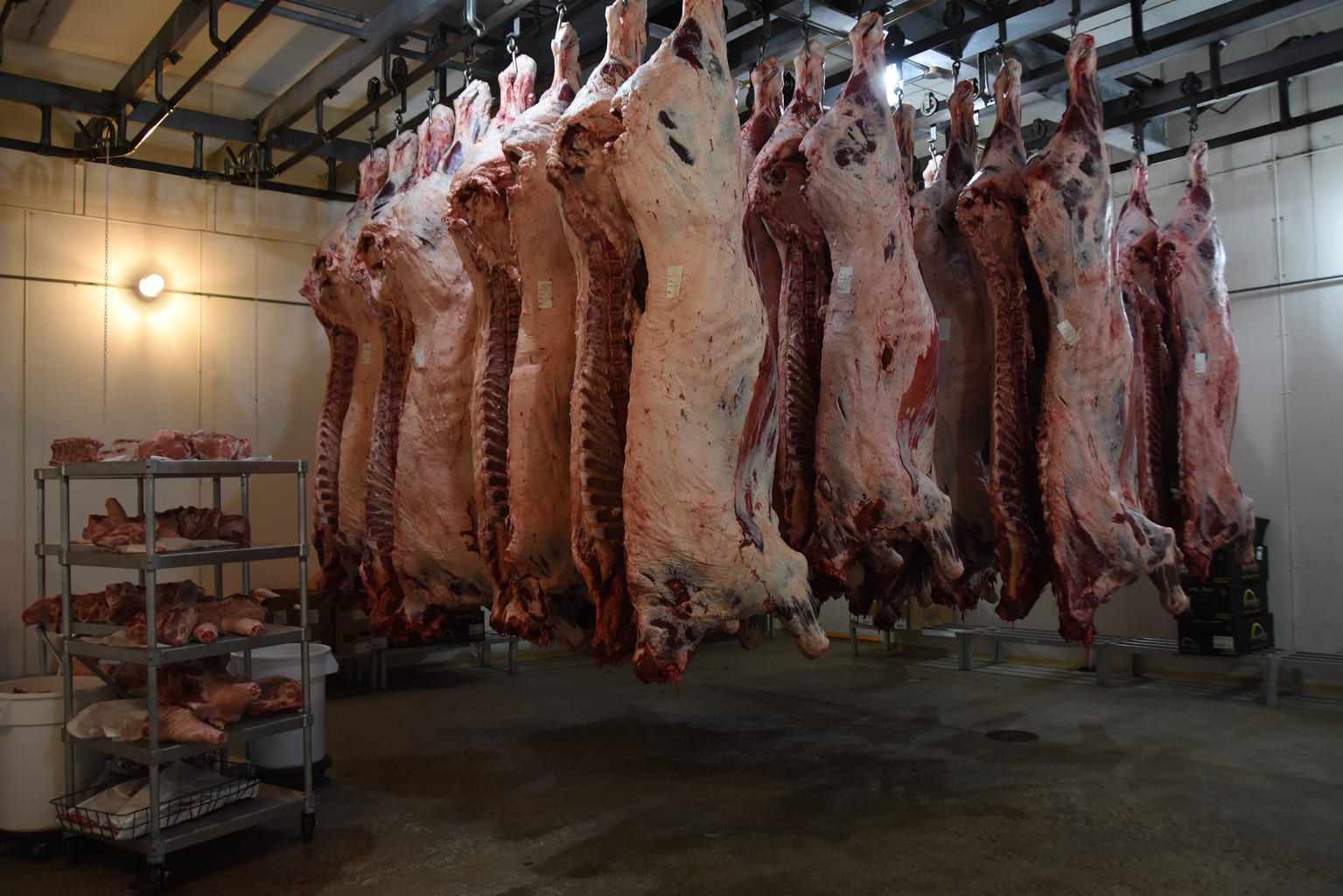Discover the Advantages of Sustaining Your Local Meat Market for Quality
Supporting your neighborhood meat market presents an engaging opportunity to improve the quality of your meals via unequaled freshness. By sourcing straight from neighboring farms, these markets not just provide meat that is a lot more flavorful and healthy, but they likewise foster links in between consumers and regional manufacturers. This relationship adds to lasting practices and a durable local economic climate. The advantages extend past quality and area ties-- comprehending the full effect of your purchasing choices can transform your eating experience and support a more sustainable food system. What additional benefits wait for those who select to shop locally?
High Quality of Freshness

Furthermore, fresh meat tends to keep more of its natural juices, resulting in a tender and flavorful eating experience. In contrast, meat that has actually been iced up or saved for extensive durations might lose wetness and deteriorate in high quality, compromising both taste and nutritional web content.
In addition, acquiring fresh meat enables consumers to examine and assess the product firsthand, ensuring that they are receiving meat that fulfills their criteria for high quality. This level of scrutiny is often lacking in bigger grocery chains, where meat may be refined wholesale and stored for longer periods. In recap, focusing on freshness not only boosts cooking experiences however also sustains much healthier dietary choices.
Sustaining Neighborhood Farmers
Supporting neighborhood farmers is crucial for promoting a sustainable food system and enhancing area durability. By choosing to sustain regional meat markets, consumers straight add to the livelihoods of farmers within their area. This economic increase permits farmers to preserve their procedures, invest in sustainable methods, and produce jobs in the area.
Local farmers usually utilize ecologically liable approaches, which can result in much healthier environments and decrease the carbon impact associated with transporting food over cross countries (bagley meat market edwardsville il). When consumers buy meat from local resources, they are most likely to receive items that are fresher and complimentary from preservatives, leading to better flavor and dietary value
In addition, this support assists maintain local farming and adds to the growth of varied farming practices. When farmers have the ability to prosper, they can trying out heritage breeds and lasting farming techniques that improve biodiversity.
In addition, supporting regional farmers cultivates a stronger connection between customers and their food resources, encouraging transparency regarding food manufacturing. This relationship cultivates depend on and boosts the general high quality of the food system, inevitably benefiting the entire neighborhood. By focusing on local farmers, consumers can play an active function in forming a much healthier and more sustainable future.
Individualized Customer Experience
The connection in between customers and local meat markets goes beyond plain transactions; it includes a customized client experience that cultivates loyalty and community engagement - bagley meat market edwardsville il. Customers are not just a number; they are recognized as individuals with specific preferences and needs. Local meat markets typically make the effort to recognize their customers, using customized suggestions based upon past acquisitions and dietary demands

Additionally, regional meat markets usually host neighborhood occasions, such as cooking demos or tasting sessions, which additionally individualize the customer experience - bagley meat market edwardsville il. These events produce possibilities for social interaction and foster a feeling of belonging amongst clients
In an era where big grocery stores control the retail landscape, the unique customized service used by neighborhood meat markets stands out, making them an important resource for consumers seeking high quality, quality, and a solid area link. This connection eventually brings about continual commitment, enhancing the relevance see it here of sustaining neighborhood businesses.
Sustainable Practices
Many consumers are increasingly focusing on sustainability in their purchasing choices, making it essential for neighborhood meat markets to take on eco-friendly methods. Sustainable practices encompass a range of initiatives targeted at decreasing the environmental impact of meat production and distribution. These practices not just profit the atmosphere but additionally allure to an expanding demographic of conscious customers.

Regional meat markets frequently resource their items from nearby ranches that use regenerative farming techniques. This method can boost soil health, boost biodiversity, and decrease the demand for dangerous pesticides and plant foods. By supporting ranches that prioritize pet welfare and lasting feed practices, neighborhood meat markets make sure that their products are not only fresh yet likewise ethically generated.

Neighborhood Economic Effect
Local meat markets play a considerable function in reinforcing the economic climate of their areas. By sourcing their items pop over here in your area, these markets not just sustain local farmers but likewise add to the retention of resources within the regional economic climate. This creates a multiplier result, where money invested at regional services circulates via the neighborhood, funding various other services and creating further financial activity.
Moreover, regional meat markets frequently give work opportunities, producing jobs that might not only include butchering and sales, but likewise logistics and management. This employment is important, as it aids to like this decrease joblessness rates and cultivates area stability. In addition, local meat markets often tend to have a closer connection with their suppliers, causing far better high quality control and a greater standard of products, which brings in discerning consumers.
In addition, by purchasing the neighborhood, these markets usually take part in regional occasions and sponsorships, reinforcing their commitment to the location and boosting community cohesion. Eventually, sustaining local meat markets is not nearly fresh, top quality products; it is an important financial investment in the financial health and sustainability of the neighborhood in its entirety.
Conclusion
Supporting local meat markets significantly improves food high quality and advertises lasting farming techniques. Inevitably, spending in regional meat markets contributes to a robust local economy and a much healthier food system, profiting both customers and producers alike.